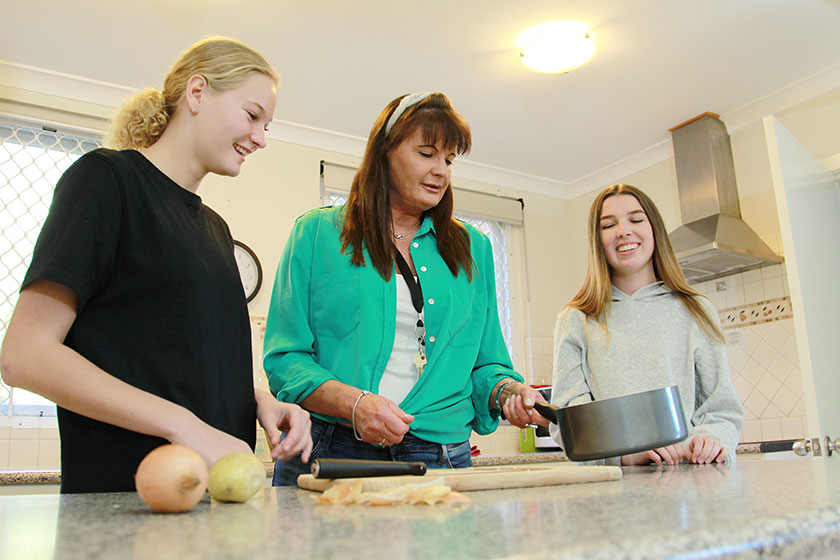People with eating disorders to get more Medicare-funded mental health treatment
14 Oct 2019
14 October 2019
Medicare changes
Currently, consumers can only access Medicare rebates for up to 10 sessions of psychological therapy per year under a Mental Health Treatment Plan however the new changes will deliver up to 60 Medicare funded treatment sessions per person, each year, which includes 40 psychotherapeutic and 20 dietetic sessions across the range of eating disorders including anorexia nervosa, bulimia nervosa, binge eating disorder and others.
According to the Butterfly Foundation, one in three people would go into debt to treat their eating disorder and one in four people had to delay or stop treatment due to cost and access.
Dr Sudholz says the changes, which come into effect on 1 November this year, will help alleviate financial and social stresses for families and allow more time to focus on recovery.
“The changes are very encouraging as often getting proper treatment for an eating disorder is costly, and with these changes it will mean more affordable treatment and more people will be able to access more intensive treatment to help improve recovery,” she said.
“This is also exciting for mental health professionals as it allows us to provide more sessions to clients, which is proven to improve client outcomes.”
Impact of eating disorders
Dr Sudholz who works for St John of God’s community mental health service in Ballarat says having an eating disorder impacts every aspect of a person’s life and can occur in anyone from children to the elderly, and although is more common in females in western countries, it is becoming more prevalent in men.
“With an eating disorder people almost fully base how they feel about themselves on either their weight and or shape. Other areas such, as being a good friend/parent/partner, engaging in work or study, or performing sports don’t play much of a role in determining how they feel about themselves,” she said.
“With an eating disorder there is also a strong preoccupation with food, and achieving a certain weight or shape, it can be very consuming, people often say it’s all they think about and focus on.”
Treatment options
St John of God Social Outreach’s community mental health services, provide community-based mental health treatment and support for people aged 16 and older.
With a referral and Mental Health Treatment Plan from a general practitioner clients may be able to access the services at low or no-cost.
Dr Sudholz says treating people with an eating disorder, particularly for someone in their teens or older, typically involves working in a cognitive-behavioural framework and involves other health practitioners such as dietitians.
“Cognitive-behavioural therapy involves challenging unhelpful eating behaviours (e.g. restricting food, binging, purging), thoughts (e.g., “I must be skinny”), and developing healthier eating and overall behaviour patterns. It also involves increasing the focus and time spent in other domains of life,” she said.
Treatment can also include other elements such as:
- relaxation
- mindfulness
- distress tolerance (e.g. tolerating unpleasant emotions)
- interpersonal effectiveness skills (e.g. assertiveness)
“For someone who is very unwell and underweight, they may also need to go to an inpatient setting, to help increase their weight so they can then actively engage in therapy. For young people living at home, it’s also really helpful to involve parents and siblings.”
Help is available
If you need urgent help, call 000 for an ambulance or attend your nearest emergency department. If you or anyone you know needs help with an eating disorder, you can call one of the following telephone support lines:
- Butterfly Foundation on 1800 33 4673
- Lifeline on 13 11 14
- Kids Helpline on 1800 551 800
You may be interested in

